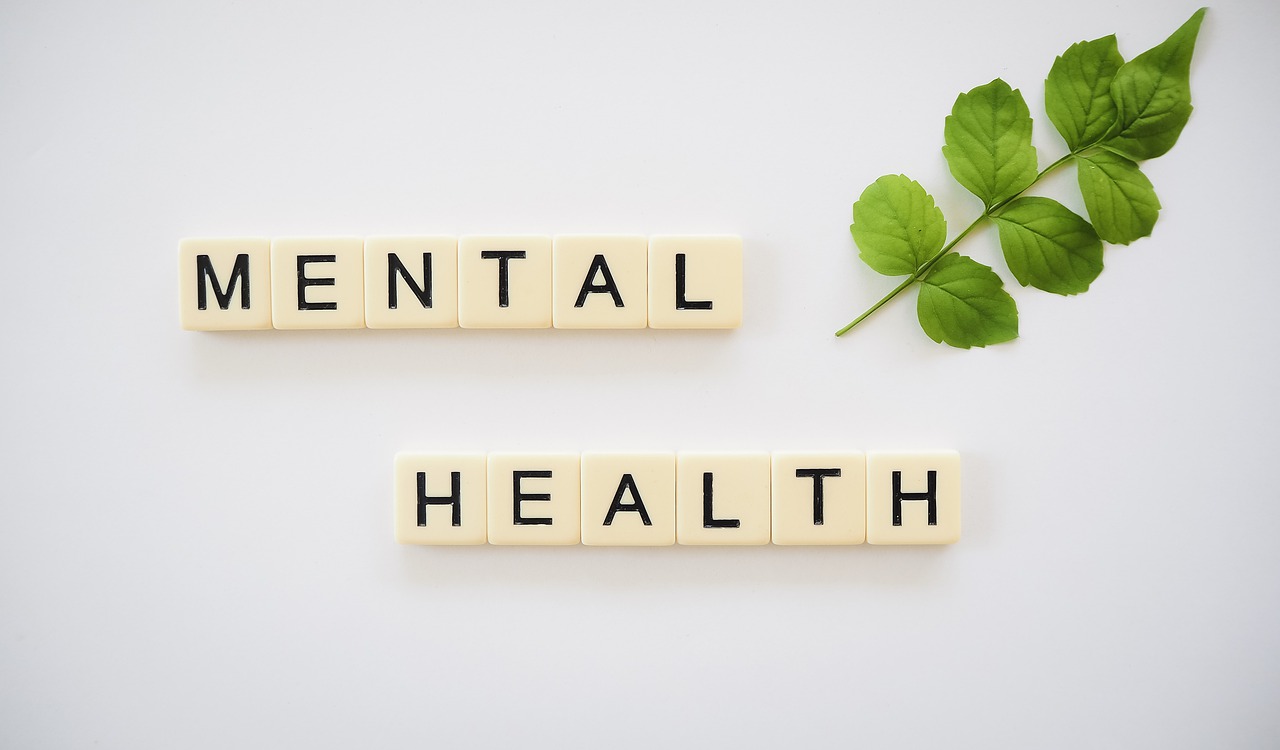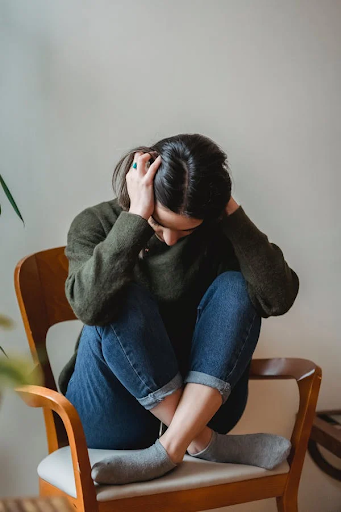4 Strategies to Deal with Anxiety
Many people suffer from an anxiety disorder and mental health at some point in their lives. There are many people who deal with stress sometimes and feel anxious, but they don't always know why. Feelings of anxiety may be caused by a number of factors, such as job stress, relationship problems or family issues.
Treatment for anxiety disorders involves taking medication and/or undergoing therapy to reduce the symptoms of anxiety and the frequency of panic attacks. Therapy is often a good idea for those suffering from anxiety, because it can help to reduce the severity of associated symptoms and make a person more comfortable with their disorder.. In therapy, you will learn how to recognize your fear, how to relax your body and how to figure out what is making your heart race and the reason why you are so anxious.
Anxiety disorders affect almost 40 million people in this country. It's important to note that these conditions are treatable, so if you suffer from them, you don't have to learn to live with them. They usually respond well to treatment, so don't give up hope!
Whether you're a student or someone who is suffering from anxiety disorder, dealing with anxiety is not something that you should ignore. It's important to know the symptoms of anxiety disorder and how to deal with it properly.
Strategies to Deal with Anxiety Disorder
1. Go for walks
Even though the link between depression, anxiety, and exercise isn't completely clear, trying to exercise and trying to engage in those other types of exercise can surely help reduce the pain of despair or anxiety that come with them. Exercising may also help prevent relapses of anxiety once you're feeling much better.
Going for walks helps relieve stress, and this is one of the best ways to deal with anxiety disorder. Waking helps recharge your mind and body, which improves your mental health and reduces your stress levels.
2. Meditate
Meditation is another great way to reduce stress levels and treat anxiety disorder. By meditation, you will help yourself maintain a calm mind while also reducing stress levels. Meditation has been proven to be an effective way to manage stress and anxiety in many people who have tried it before.
Meditation is a practice where a person trains the mind or induces a mode of consciousness, usually by employing specific sets of behaviors and/or guided thoughts or imagery. The word meditation comes from the Latin word meditation meaning “activity aiming at the union with the divine.”
Meditation has been practiced since antiquity as a component of numerous religious traditions and beliefs. Meditation often involves an internal effort to self-regulate the mind in some way.
3. Keep a journal
One of the best ways to cope with your anxiety issues, like panic attacks and depression, is to write down what you think about.You can focus on how you are feeling and write down what triggers your attacks so that you can work on them in the future.
If you don't worry so much about your feelings, you won't have anxiety attacks anymore. This will feel better about yourself when you won't worry so much about your feelings.
Begin by journaling for five to fifteen minutes on whatever is on your mind. Continue writing until you feel you have expressed everything that needs to be said without delving into rumination.
Explain the things that are happening now that are making you unhappy. Keep in mind that when you experience anxiety, it is often not what is happening right now that creates stress, but rather your fears about what might happen.
Write about what is going on right now to make a note of what is extremely distressing for you in terms of what could happen next. This awareness may provide stress alleviation in and of itself!
4. Practice relaxation techniques
The first step in managing anxiety is learning techniques to help you relax when you feel stressed. These techniques include deep breathing, progressive muscle relaxation, meditation and yoga. Consider keeping a journal in which you write down your worries each day before you try to relax so that you can identify what is causing your tension.
Once you understand the source of your stress, you might be able to change your reaction to it by changing how you think about it or how you handle it. For instance, if you're worried about something at work, take 10 minutes after lunchtime to do deep breathing or listen to music as a way of temporarily distracting yourself from those worries.
5. Seek Therapy
Obsessive thinking, severe anxiety, unrelenting anxieties, or any other anxiety condition, people should know that they shouldn't have to live with that as well forever, and also that their difficulties have a solution. Therapy is really advantageous, and therapy is one of the most successful options.
Unlike anxiety medication, therapies address the root cause of the problem rather than merely the symptoms. Therapists in the United States have years of experience in the business and a lengthy track record of treating anxiety sufferers better than others.
All underlying issues are discovered via anxiety therapy. It teaches people how to relax, overcome their fears and anxieties, look at the same scenario from a different perspective, and develop stronger problem-solving and coping skills. Because anxiety disorders differ, interventions are adapted to the particular symptoms and diagnosis.
The time of therapy required by a person is also determined by the degree and type of anxiety problem encountered. Despite the fact that most therapies have a short duration and work faster than drugs. Furthermore, therapies have a long-term effect on the patient and have no negative effects.
Overall, anxiety therapy outperforms medicines in every way. Your therapist may mix two or more therapies, or employ one of them alone, depending on the symptoms you are experiencing. Your therapist's goal, on the other hand, is the same: to calm your mind, reduce your anxiety, and overcome your worries.
There is no magic bullet for anxiety. As we get older, it becomes more and more important to recognize that we don't cause problems in our lives. The outside world does not make us anxious. We are not responsible for what happens to us. In fact, anxiety can be traced back to one core issue: an exaggerated sense of responsibility for all that happens to us, both internally and externally.
It is dealing with this false sense of responsibility that alleviates anxiety, and depending on how you deal with it will affect your outlook on life. Our recommendations above can help people who have anxiety and want to change their outlook and lessen the amount of pressure they feel.





